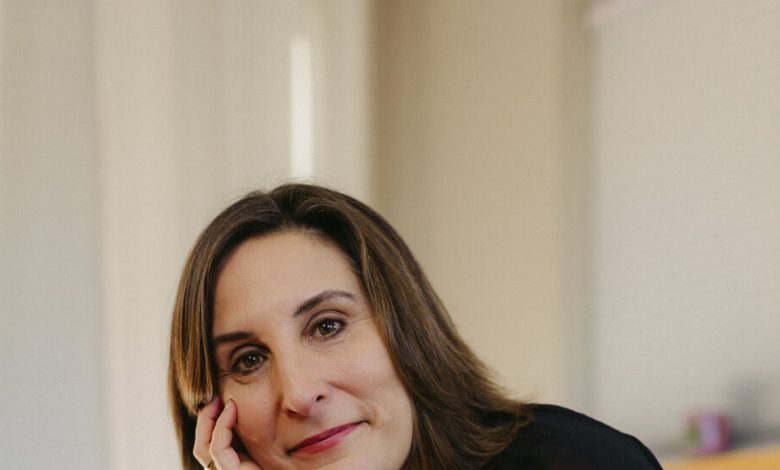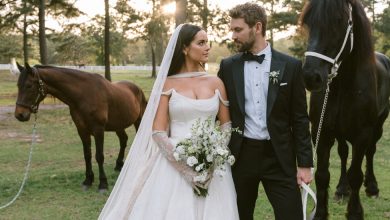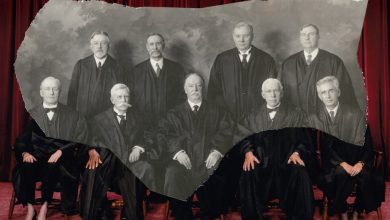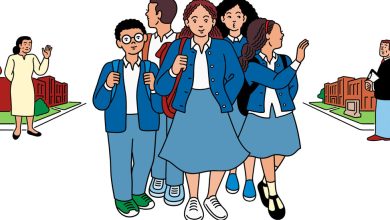When Mean Girls Grow Up

Rosalind Wiseman regularly receives emails from women who think they are going to surprise her with the following divulgence: “You are never going to believe this: My work is like middle school.”
Listen to This Article
Open this article in the New York Times Audio app on iOS.
Ms. Wiseman, however, is unfazed. “Of course I can believe it,” she said. Her response is a pep talk that goes something like this: “I remind them that they aren’t weak because they are affected by these dynamics. And that even if we have left our teen years behind us, we are driven to feel valued by the groups we are connected to, and most of us will do anything to avoid embarrassment and shame. It’s not an opportunity to lash out at people in retribution, no matter how horrible the other person is.”
Women decades past high school seek out Ms. Wiseman because they know her as the author of “Queen Bees and Wannabes: Helping Your Daughter Survive Cliques, Gossip, Boyfriends and Other Realities of Adolescence,” the inspiration for the 2004 cult classic “Mean Girls.” The film brought Ms. Wiseman’s taxonomy of girl clique roles — the queen bee, the banker (the supplier of gossip) and the sidekick — to the big screen, and it comically portrayed a set of behaviors that Ms. Wiseman argued were pervasive among girls and women yet lacked definition and social validation.
We are having trouble retrieving the article content.
Please enable JavaScript in your browser settings.
Thank you for your patience while we verify access. If you are in Reader mode please exit and log into your Times account, or subscribe for all of The Times.
Thank you for your patience while we verify access.
Already a subscriber? Log in.
Want all of The Times? Subscribe.




